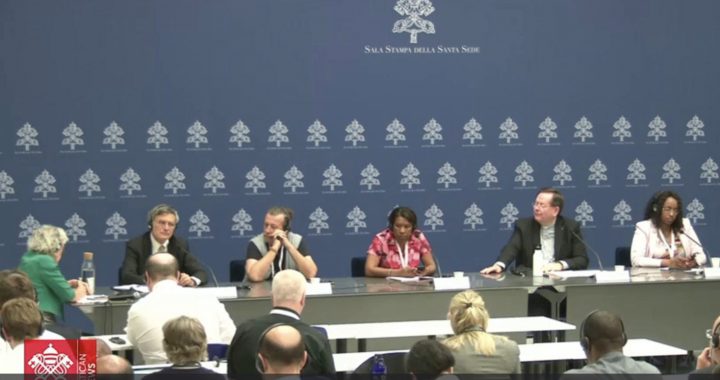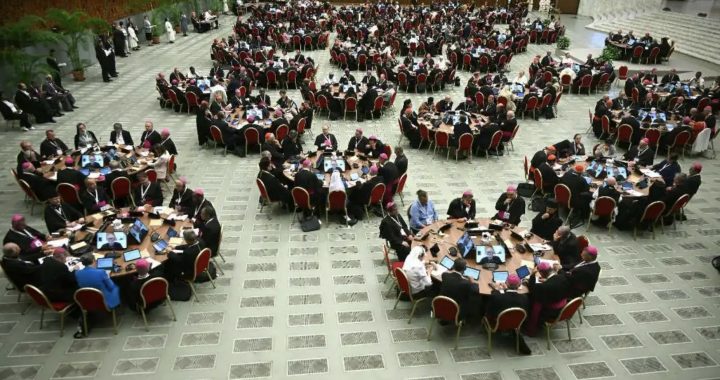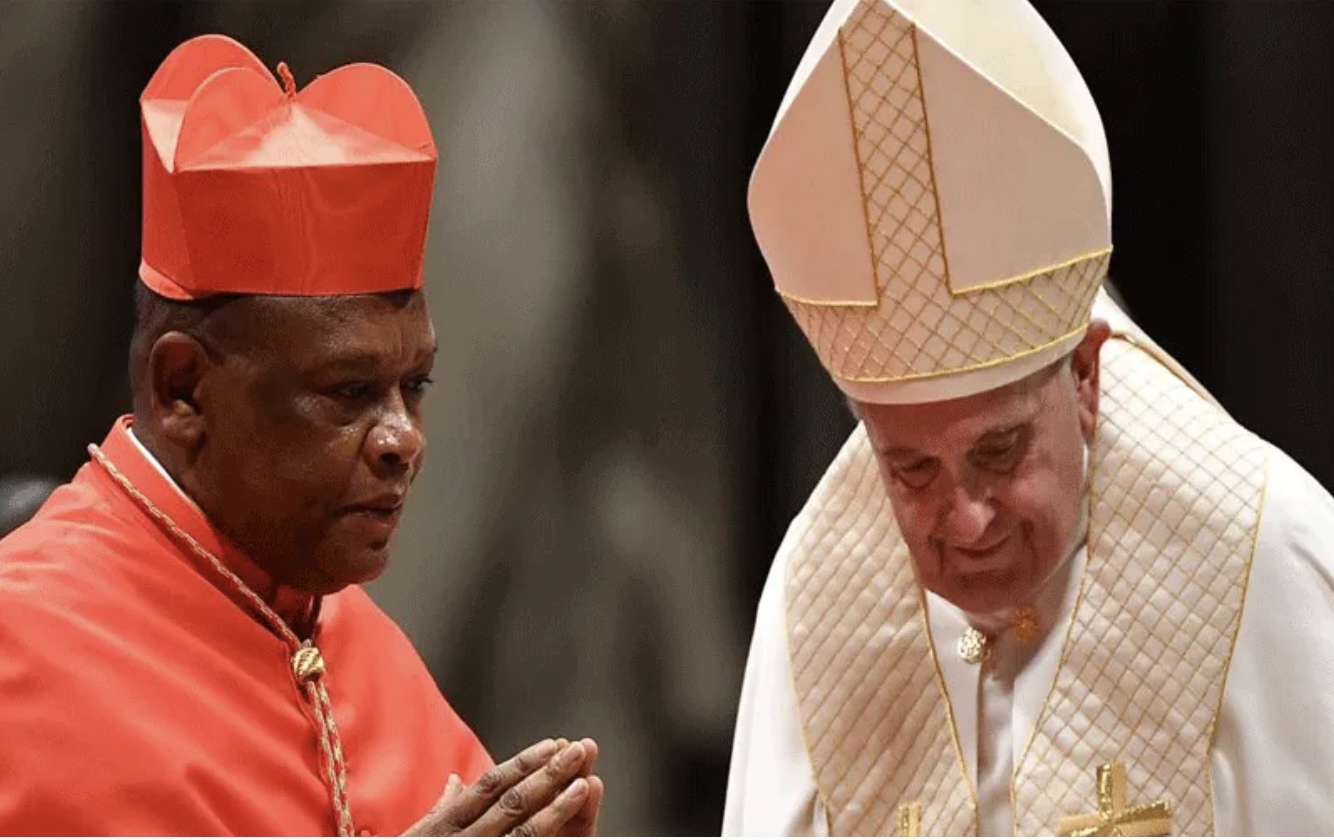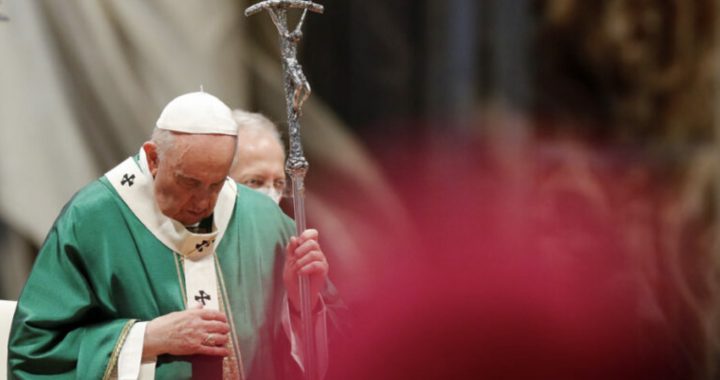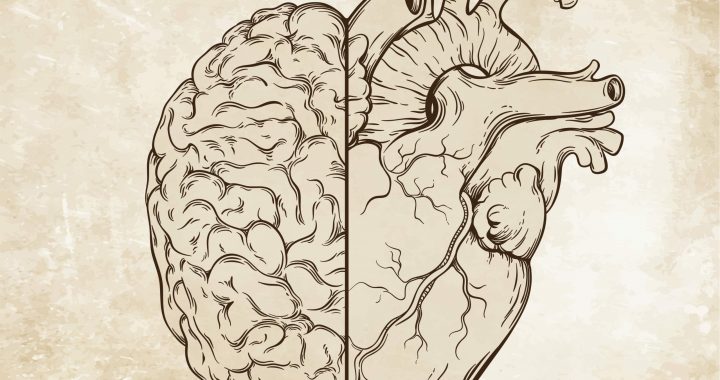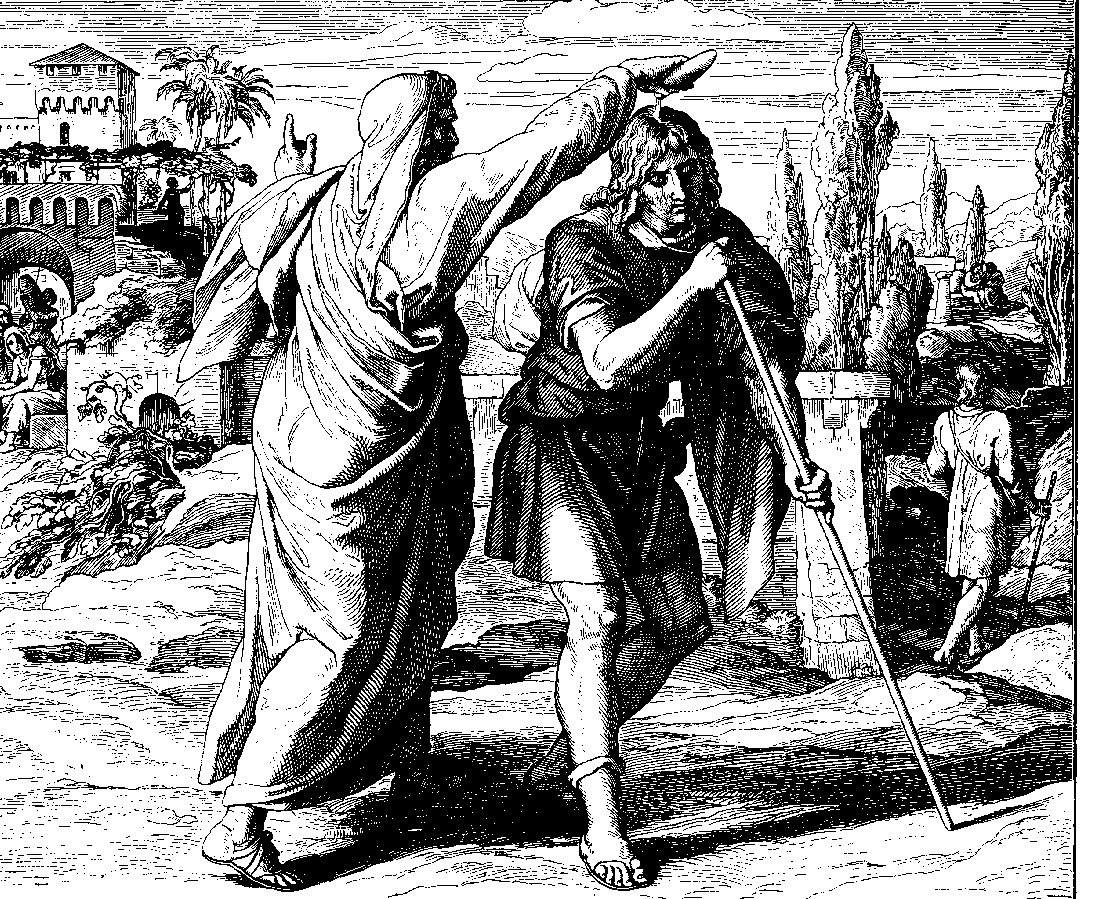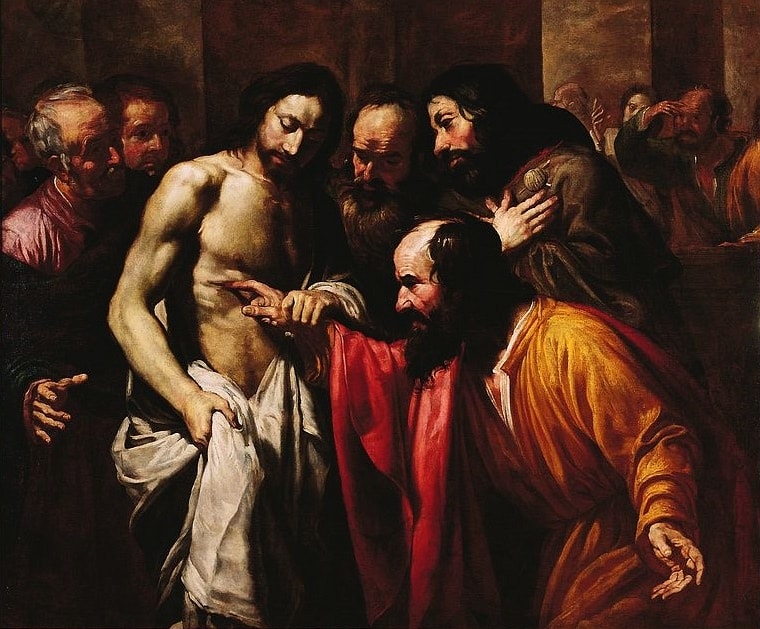Despite its immense good, social media also opens doorways to demonic possession
To make a killing at the box office, film producers are known to stretch the truth and sensationalise facts about real persons. This is especially true of The Pope’s Exorcist in which Russell Crow plays the lead character, Fr Gabriele Amorth.
While key elements of the world-renowned exorcist’s work are there, filmmakers took licence to paint him as a swashbuckling hero in scenes that belong to movie genres like those in the Marvel Universe.
But demonic attacks on people are not fiction and if any film comes close to depicting the reality of this, it is the 1973 original film, The Exorcist, which Fr Amorth apparently gave the thumbs up.
It showed scenes of a girl levitating, spinning her head 360 degrees and speaking in a foreign language in the voice of the Devil. Such phenomena, exorcists say, are what they often encounter in demonic possession cases. Dark spiritual forces harassing and oppressing people, and taking over homes, things and even animals are also not uncommon.
The devil and evil spirits, it seems, have kept up with technological advances and are now using devices such as the mobile phone to deceive their unsuspecting prey.
This may be incredulous to many of us, but last week a religious sister pointed me to a 2017 story about the devil sending text messages while an Exorcist in the Philippines was speaking with a possessed woman.
The Devil uses technology to lure victims
The recipient of the demonic messages was the woman’s companion who was in the room at the time and the demon told him to not believe what the Exorcist, Fr Jose Francisco Syquia, was telling her. Syquia, who studied and trained under Fr Amorth, heads the 170-strong Philippine Association of Catholic Exorcists, the largest in Asia.
The incident involving Syquia piqued my interest because this is the first time I’ve come across a story of the Devil manifesting on an electronic communication device.
The mobile phone is our primary means of instantly connecting with family, relatives and friends all over the world today and this episode is significant as it shows the dark flip side to the immense good digital technology offers us.
This fact has not gone unnoticed in the ongoing Synod in Rome and is one of the topics under discussion. The introduction to Module B2 of the Instrumentum Laboris on the Church’s digital mission notes:
The digital environment is a culture, a “place” where people – all of us – spend a significant part of our lives. As Pope Francis says in Christus Vivit, it “has had a profound impact on ideas of time and space, on our self-understanding, our understanding of others and the world, and our ability to communicate, learn, be informed and enter into relationship with others” (CV 86).
The Instrumentum Laboris, though, also cautions that:
We are also aware of many things in that environment that are not of God. We are not naïve. In “Toward a Full Presence”, this May’s Pastoral Reflection by the Dicastery for Communication on interaction on Social Networks, the algorithms that condition and filter the networks for economic gain are well analysed. Like all missionaries, we need to know where the pitfalls and deceptions lie.
American Exorcist Fr Gary Thomas first raised the alarm of demonic activity in the digital environment as far back as 2011. Then, he warned, the Internet had and still has dangerous doorways that lead to the demonic harassment, oppression and, worse, possession of people. He highlighted that websites dedicated to the occult, witchcraft, Tarot cards, psychics and séances were increasingly exposing young people to demonic influences.
Fr Thomas went on to say that pornography, and drug and alcohol abuse were the common footholds for the devil to ensnare victims. Other exorcists such as Amorth, Syquia and Chad Ripperger have also said the same, especially those who habitually engage in acts of mortal sin.
Cracks in moral and spiritual life invite demonic infestation
An immoral and impure spiritual lifestyle such as syncretism – incorporating Catholic practices with pagan or occult ones like Feng Shui and the wearing of amulets – provide the Devil with openings to begin harassing a person that ultimately leads to possession (Must watch: Exorcist Fr Daniel Estacio’s video below).
When Fr Thomas warned about the presence of evil in the Internet, social media had yet to have a dominant presence it has today, as it only flourished and festered during Pope Francis’ pontificate. As he was on the receiving end of some of the vilest fake and misinformed accusations up til today, the Holy Father is well placed to authoritatively speak about the impact of its dark side.
Speaking to the International Catholic Legislators network two months ago, Christ’s Vicar says that while the goal of social media networks is to “connect people” and much good takes place in them, they also breed destructive attitudes.
We also need to be vigilant, for sadly many “dehumanizing” trends resulting from technocracy are found on these media, such as the deliberate spread of false information about people – fake news, the promotion of hatred and division – “partisan” propaganda, and the reduction of human relationships to mere algorithms, not to mention a false sense of belonging, especially among young people, that can lead to isolation and loneliness.
This misuse of virtual encounter can only be overcome by the culture of authentic encounter, which involves a radical call to respect and to listen to one another, including those with whom we may strongly disagree.
Pope Francis
Pope Francis zooms in on an important point that many netizens have experienced all too often. How many times have we met people in person and find them amiable, only to find them morphing into the complete opposite on Facebook, WhatsApp and other social media networks?
In their interaction with others on digital networks these good-natured friends become abusive and aggressive bullies. How many times have others said the same of us? How often have we been the authors of falsehood and calumny, especially against the Pope, Magisterium and Church?
The reality is that the computer hides us behind a screen and takes away the personal element of interaction with its innate safety mechanisms to temper uncharitable behaviour. Interacting in the virtual world can trigger our basest human inclinations to sin, such as the “deliberate spread of false information about people” and to dehumanise our neighbour, as Pope Francis points out.
These harmful attitudes, if not reined it or goes unchecked, can present footholds for demons to latched on and enter our lives.
The young are especially vulnerable. Citing a study done in 2000, Fr Syquia says it found that children aged 10-17 had only one-third of face-to-face encounters with other people compared to similar age groups from past generations.
When a person gets isolated, the devil starts to work on the mind. The young start to have all these thoughts that make them feel depressed and alone. Only 30-percent human contact? That’s what the devil desires. The internet has no morality and a child would tend to search for what titillates his senses. So, he jumps from one [medium] to another, trying to sustain a high similar to a dopamine hit.
Exorcist Fr Jose Francisco Syquia
He says spending much time surfing the web can put a young mind in a hypnotic trance and they become open to diabolical influences and auto-suggestion.
Adults are not spared these dangers because the Devil does not make exceptions. How, then, can we overcome demonic influences lurking in the digital space to ensnare us? The online universe is irreversibly entrenched in our daily lives and we cannot win this Spiritual Battle on our own.
We need God’s help because only He can provide us protection against the enemy. We need to first ask for His Grace of humility, gentleness and charity in interacting with other users on social media.
To avoid the digital universe is to close the door to a new way of evangelising. Catholics need to have a presence there or it would be a big opportunity missed.
As the Synod wisely acknowledges on this new path:
It is said that we are in a moment of transformation in the Church, that the inherited model no longer works for speaking to the digital age. It is suggested that, in this transitional era, the Church should be built from the peripheries, there in the Galilee of non-believers and the wounded, where those yearning for God do not know how to call upon Him. Our experience is that the digital culture holds much of this “new Galilee”, and that the Lord is there, ahead of us, taking the lead, as Pope Francis says.
Fr Thomas recommends four important elements must be present in our lives to protect us from demonic infiltration.
1) Relationship with Jesus Christ
2) A life of faith in prayer, adhering to the teachings of the Church and studying Scriptures
3) The Sacraments to anchor our life of faith
4) Mary’s presence in our lives through prayer to invoke her help, and calling on St Michael, the angels and saints to defend us in Spiritual Warfare.
I’d add that on waking up to each new day our prayers to God must also include invoking Our Lady’s powerful protection for us and our families, and for St Michael, our Guardian Angels and the saints to defend us against Satan and all evil spirits.
Prayer to St Michael the Archangel
St. Michael the Archangel, defend us in battle, be our protection against the wickedness and snares of the devil. May God rebuke him we humbly pray; and do thou, O Prince of the Heavenly host, by the power of God, cast into hell Satan and all the evil spirits who prowl about the world seeking the ruin of souls. Amen.

